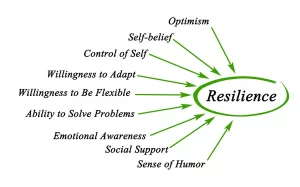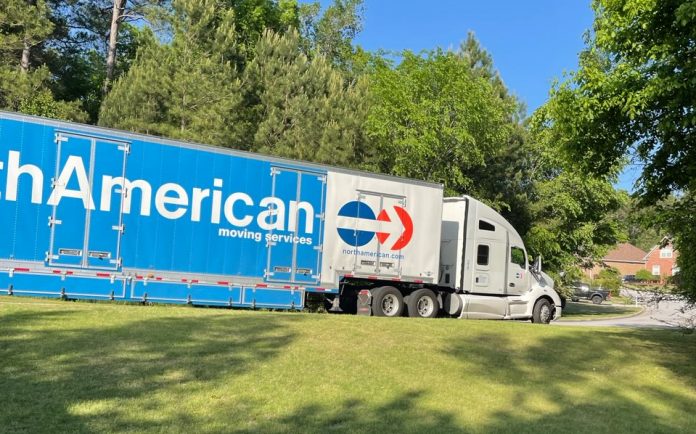While reading fellow blogger Lindsay Swoboda’s recent post, “Trusting the Transition”, I found myself transformed back to when I was learning to drive a manual transmission and had a remarkably similar—and equally memorable—experience of being stalled in an intersection and tearfully telling my dad, “I can’t do this!”….and having him tell me through gritted teeth, “you have no choice, and now would be better than later.”
Like Lindsay, I also came to love manual transmissions and, in fact, prefer them. Even when they became hard to come by and had to be ordered with a long wait time, I insisted that if a car came in a manual that’s what I wanted.
The two-year-old car I drive now did not come in a manual transmission, so I relented and currently drive an “automatic”. While it’s a great car, like Lindsay, I miss my sporty stick-shift.
For me it all comes down to control. With a manual transmission, I feel like I am controlling the car, I decide when to change gears, I can control the car in bad weather with the engine instead of the brakes, and it’s just more fun to drive.
Instead of driving my current car, I feel like the car is in charge and I only get marginal input. God forbid I do something like change lanes without the car’s approval, I get beeps and bongs and the steering wheel doesn’t want to respond; it didn’t take me long to nickname my car “Bossy”.
The same goes for the military-induced life transitions that Lindsay talked about in her post. With every PCS decision, there are so many questions to answer and situations to navigate that are not in your control; it can be overwhelming.
Nobody likes the feeling of not being in control, but just as learning to control a car with manual transmission, you can learn to take command of the hidden benefits of PCS decisions that you can control and try to make the smoothest transitions you can through the elements you can’t control. When the transition is smooth you can appreciate the hidden benefits while making the best of the challenges.
While finding the hidden benefits amidst the tough challenges, might, in fact, be one of the challenges, I found, over the years, four consistencies to love about frequent relocations.
Moving regularly keeps you from being a packrat
Every time we moved as a kid, we were required to purge what we didn’t use and ‘lighten the load’. As an adult who oversaw the moves, I remember thinking. ‘Pfft, that’s a lot of weight we’ll never make that’. But it is surprising how fast it adds up. There is nothing like seeing the pounds creep up, knowing you will have to pay for overages, to make you not hold on to something you really don’t need.
Sometimes too, when we did an oversees move and had to live with just unaccompanied baggage while waiting for the rest of the household goods—and managed just fine—I found myself wondering why we still had so much stuff on the way when clearly, we were doing okay without it.

Living in different places opens your mind
Living in different states, cities, and countries broadens your perspective. On one level, people are people, and we have a lot in common no matter where we live or what language we speak. But, there is no better mind-broadening experience than living in a different country, learning a new language, and navigating a foreign culture. One of my favorite benefits was discovering new traditions to adopt.
Living and immersing myself in a new country not only opened my eyes to the different ways people around the world do things, but it also gave me a distinct appreciation for how lucky I am to be an American.

Missing your family and friends makes you appreciate them more
I wrote recently about losing a dear friend to cancer and the difficulty of doing that from a distance. I’ve also written about overseas births and of not being able to meet my first grandchild in person before his first birthday. As any mil-spouse knows, it can be tough to live, work, and raise a family without any family support, when your service member’s duty station takes you far away from your support system. In the spirit of ‘you don’t appreciate what you have until you don’t have it anymore’, living far away from family and friends helped me not take them for granted.

Managing life on your own makes you resilient
Which brings me to the last unperceived hidden benefit of frequent PCS’ing. Making those tough PCS decisions, learning all the new things that come with moving to a new place, and not only surviving, but thriving through the challenges makes you resilient.

Resiliency is a high-value commodity that feels in short supply today. Along with your integrity it is one of the few things in life over which you have some control. When you are living halfway across the world without family support, and your spouse is in the field or on TDY, and one of those challenges arises, you make yourself rise to the challenge and conquer it on your own; because just like my dad told me and my stalled manual transmission in that intersection all those years ago: you have no other choice.
Stepping outside my comfort zone and being forced to learn new things has made me more open-minded, more empathetic, more accepting, and more resilient. And even though it might be painful for them at the time, learning new places, customs, schools, and rules, means you are passing the gift of resiliency on to your children. And that is a gift that gives for a lifetime.











